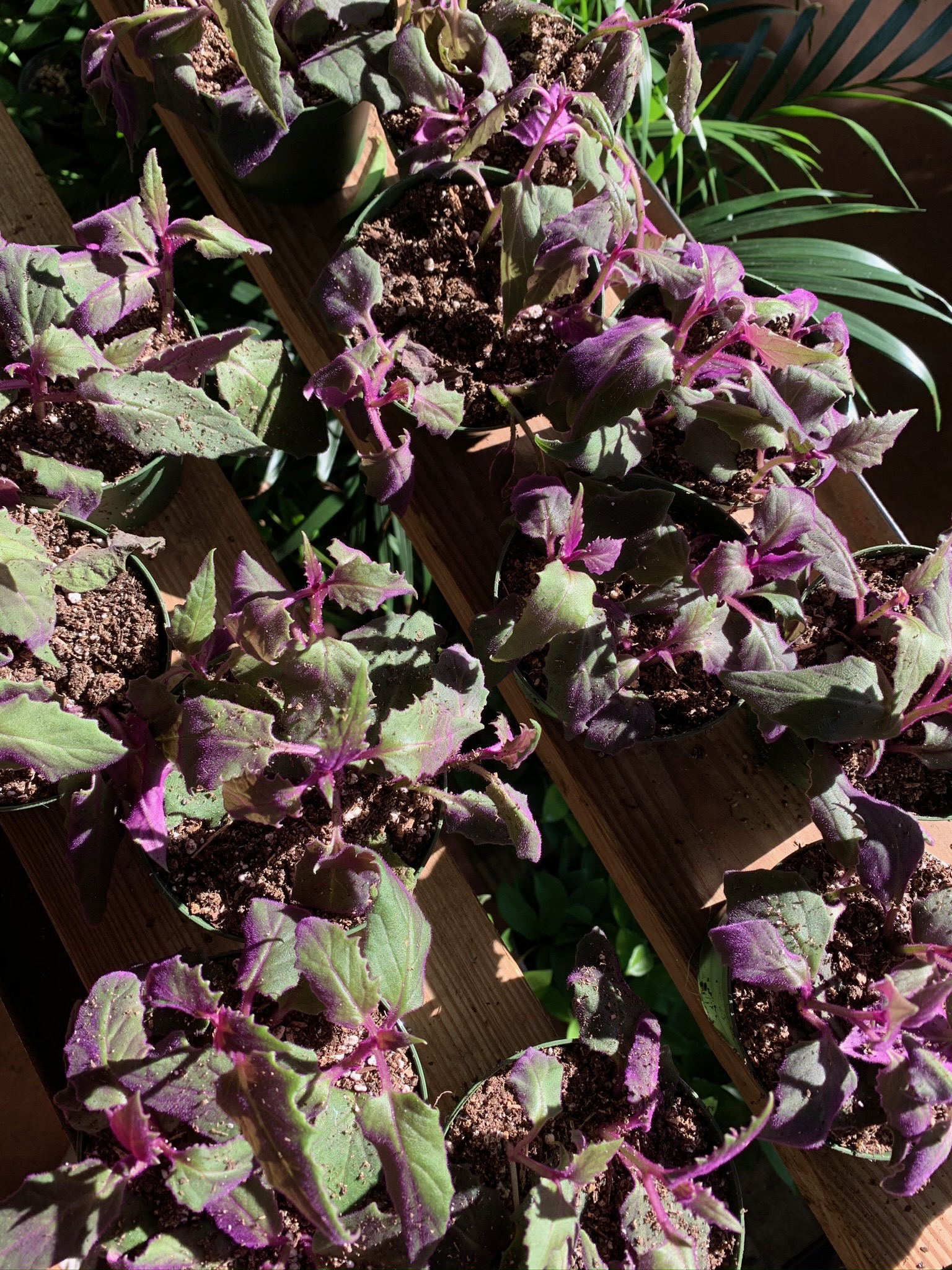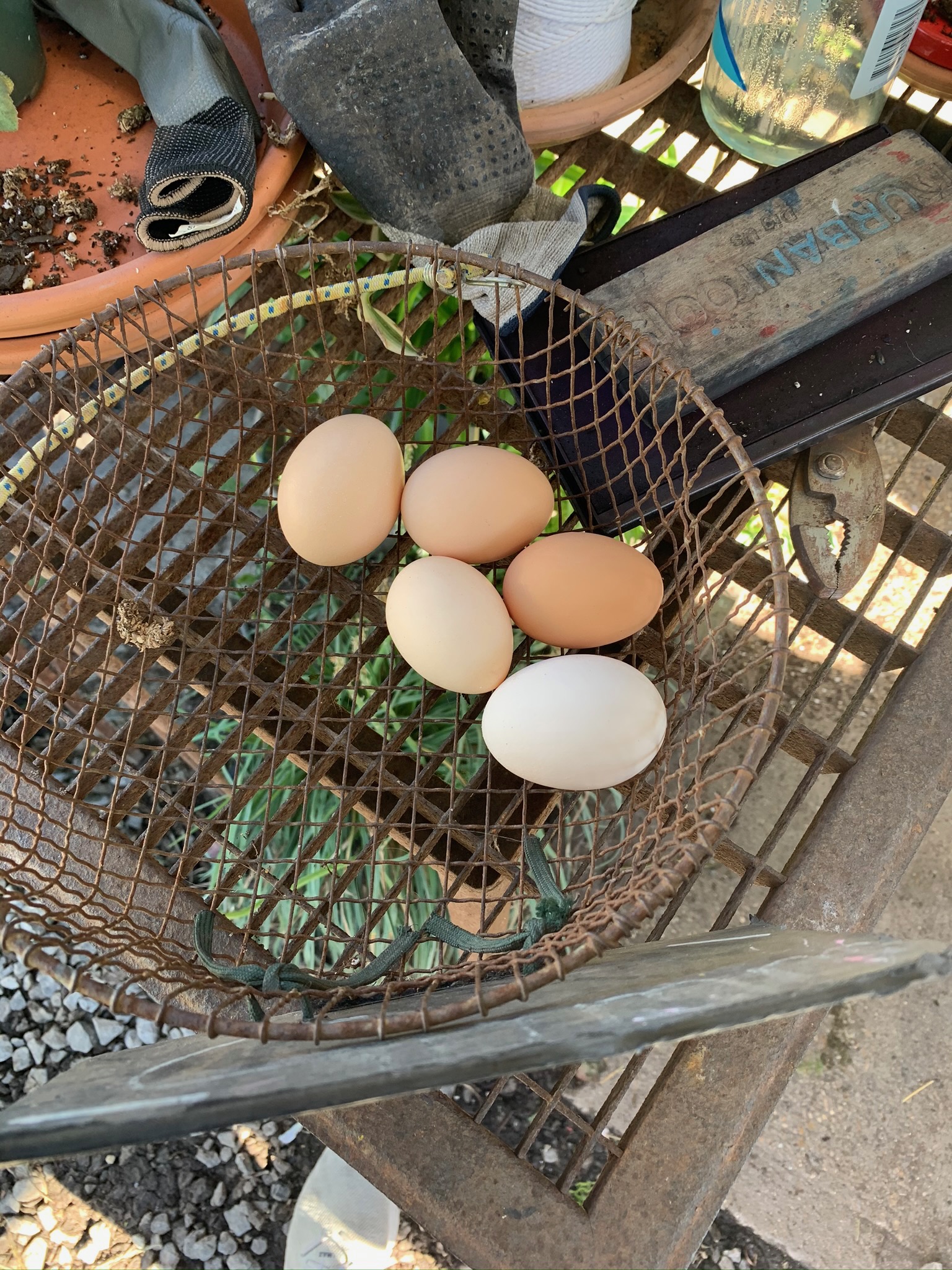The population of New Orleans suffers from unhealthy eating habits, marked by an overall lack of education on how to properly fuel the body. This has led to abnormally high obesity rates and health complications. Fast-food chains have monopolized the restaurant industry, leaving little opportunity for farmers to sell fresh produce and animal products. New Orleans’ food culture emphasizes foods that are fried and high in calories and saturated fats. There is a plethora of information on healthy eating backed by scientific research, yet there is a break in communication between farming experts and the urban population of New Orleans.
The disconnect between the food being produced on farms and the food being consumed in the city is a problem. Farm-fresh foods are not reaching enough people, especially students. Students are not educated on alternative ways of consuming food, nor do they have access to healthier options. It is the responsibility of educators to partner with experts who can teach students how to grow and consume food properly. Farms and schools must collaborate to create educational programs that bridge the gap between growing sustainable foods and consuming healthy products.
This leads me to my visit with Grow Dat Youth farm. Located in New Orleans’ City Park, Grow Dat Youth farm operates a two-acre sustainable farm. Each year, they grow and harvest an average of 32,000 pounds of fresh produce. Seventy percent is sold at their farm stand and at farmers’ markets run by youth employees. Thirty percent is distributed through the Shared Harvest program, providing low-income residents who otherwise have little or no access to fresh food with nutritious options.
Urban populations and minority groups are adversely affected by limited access to healthy foods, specifically fruits and vegetables. Minority communities experience greater difficulty accessing healthy foods than white communities and are therefore at greater risk of suffering from complications due to harmful consumption habits. A lack of affordable produce outlets and transportation methods is responsible for this disparity.
Farm shares offer a practical and achievable approach to solving this pressing issue. Farm shares deliver directly to homes, and memberships are affordable, especially if entire communities participate. New Orleans would experience a dramatic reduction in disease and death due to unhealthy diets if the city’s leaders worked with local farmers to increase farm share memberships and the circulation of fresh produce.

Gynura Aurantiaca
Farmers, in collaboration with low-income urban populations, can help young children experience the short-term and long-term benefits of consuming healthy foods. Programs that provide affordable access to farm-fresh products help families improve child behaviors, including sleeping patterns, attention spans, and mood swings. Weekly produce deliveries allow for complete turnarounds for families struggling with health issues and children exhibiting behavioral problems.
An example of an amazing program offered at Grow Dat Youth Farm is the Seed Project. This program offers a diverse group of adults the opportunity to work in small groups for 9 months on a Grow Dat value-aligned project of their choice. Seed Project groups are encouraged to center their projects around a variety of themes related to Grow Dat values, such as sustainability, youth leadership, and multiculturalism. Seed Project successfully plans a solution to address a systemic social issue. Groups envision how they want their community to look and collaborate with stakeholders, all while reflecting on growth throughout the program. The first Seed Project organized a pop-up market in the 7th Ward, with the goal of bringing affordable, fresh, and culturally relevant produce to families in the area.
In exchange for membership fees, consumers are sent weekly or biweekly organic produce, herbs, meats, eggs, and so on. Members have the satisfaction of knowing they are feeding themselves and their families healthy, sustainably produced food. This is especially important for families with young children whose brains are still developing and require the proper fuel to excel in school and extracurricular activities.
Growing up with a farm share membership myself, I understand the impact this investment has on one’s health and overall lifestyle. It is an easy, affordable way to ensure that you are consuming powerful nutrients on a weekly basis. Farm shares broaden your palate and expand your knowledge of health-oriented eating. Farm share memberships are also an excellent way to support local businesses and practice environmentally conscious consumption habits.
Farm shares allow members to invest in and receive seasonal produce and animal products. Farm shares provide members with a sense of security in knowing that their food is of the highest quality. Members receive the freshest produce of the seasonal moment and are challenged to cook with and consume unfamiliar products. Members become educated on healthy consumption habits, and their knowledge of healthy cuisine expands exponentially. In order to operate to their fullest potential and practice sustainable methods of farming, farmers need to disperse finances among many farm share members.

Farm Fresh Eggs.
Upfront or installment payments allow farmers to secure the necessary provisions for growing the best crops, caring properly for animals, and protecting the environment. In exchange for membership fees, consumers are sent weekly or biweekly organic produce, herbs, meats, eggs, and so on. Members have the satisfaction of knowing they are feeding themselves and their families healthy, sustainably produced food. This is especially important for families with young children whose brains are still developing and who require the proper fuel to excel in school and extracurricular activities.
Researching and working with local farms has taught me the importance of celebrating diversity and individuality. In order to effectively prepare myself intellectually, socially, and morally for an evolving world, I have realized how healthy eating can be a vehicle through which I can promote multiculturalism and diversity. Working with farms to educate the youth on healthy consumption habits has taught me that bettering communities requires inclusivity. Fueling the body does not just happen through access to food alone but by creating a space where human experience can be discussed, challenged, and celebrated.
Understanding why there is a disconnect between the food being produced on farms and the food being consumed in the city requires an intersectional approach to community identity. Educating people on alternative ways of consuming food is an inside job that requires first understanding local history, traditions, and culture. Introducing farming practices and healthy eating values to the youth is not about forcing one’s own experiences and beliefs onto them, but rather, informing them of their local resources and practices to help them achieve their goals.
 NOLAbeings
Multimedia artist Claire Bangser created NOLAbeings as a portrait-based story project that marries...
NOLAbeings
Multimedia artist Claire Bangser created NOLAbeings as a portrait-based story project that marries...
 Data corner: Adobe Suite (create a PDF, social media graphic, presentation, edit a photo and video
Data corner is where you go to work with analytics and top tech skills. It takes on everything from PERL and SQL to Canva and Sprout Social.
Data corner: Adobe Suite (create a PDF, social media graphic, presentation, edit a photo and video
Data corner is where you go to work with analytics and top tech skills. It takes on everything from PERL and SQL to Canva and Sprout Social.
